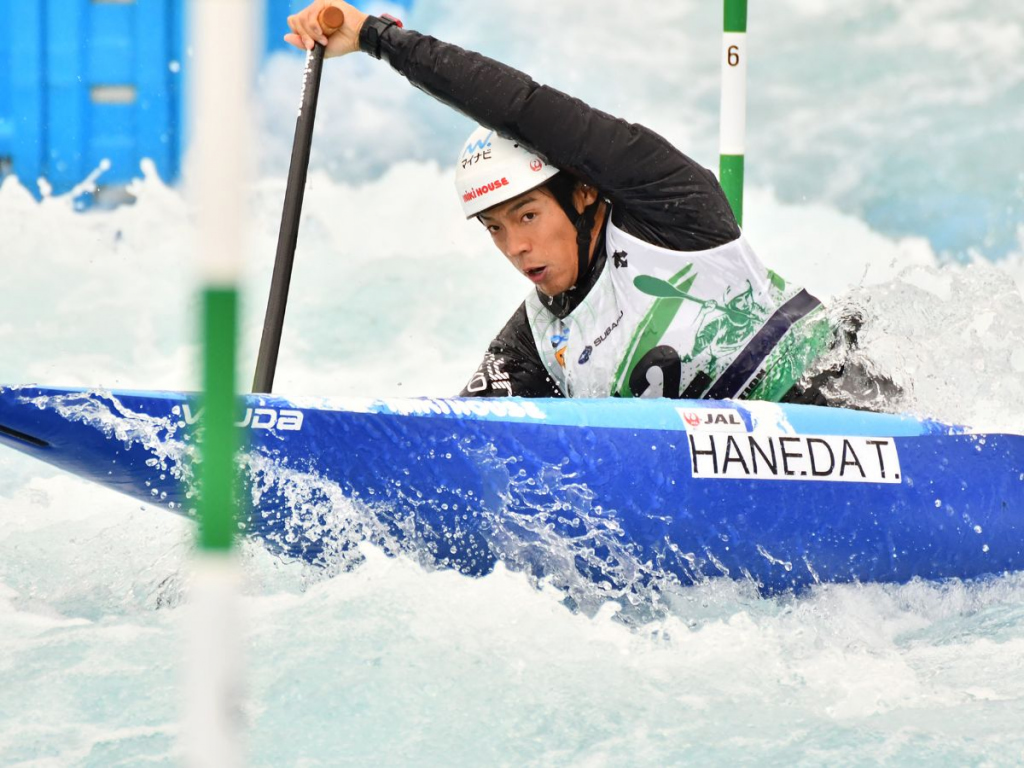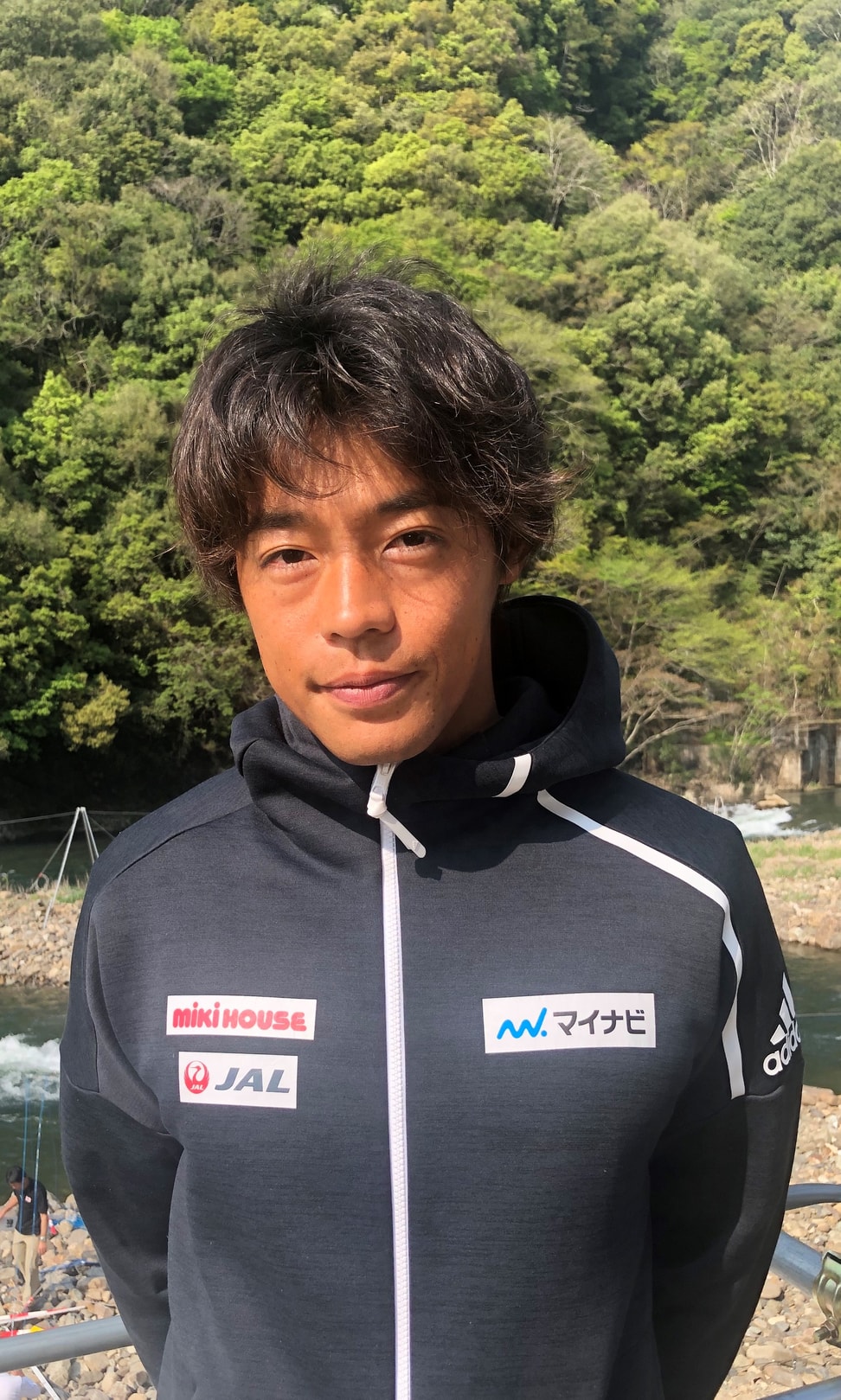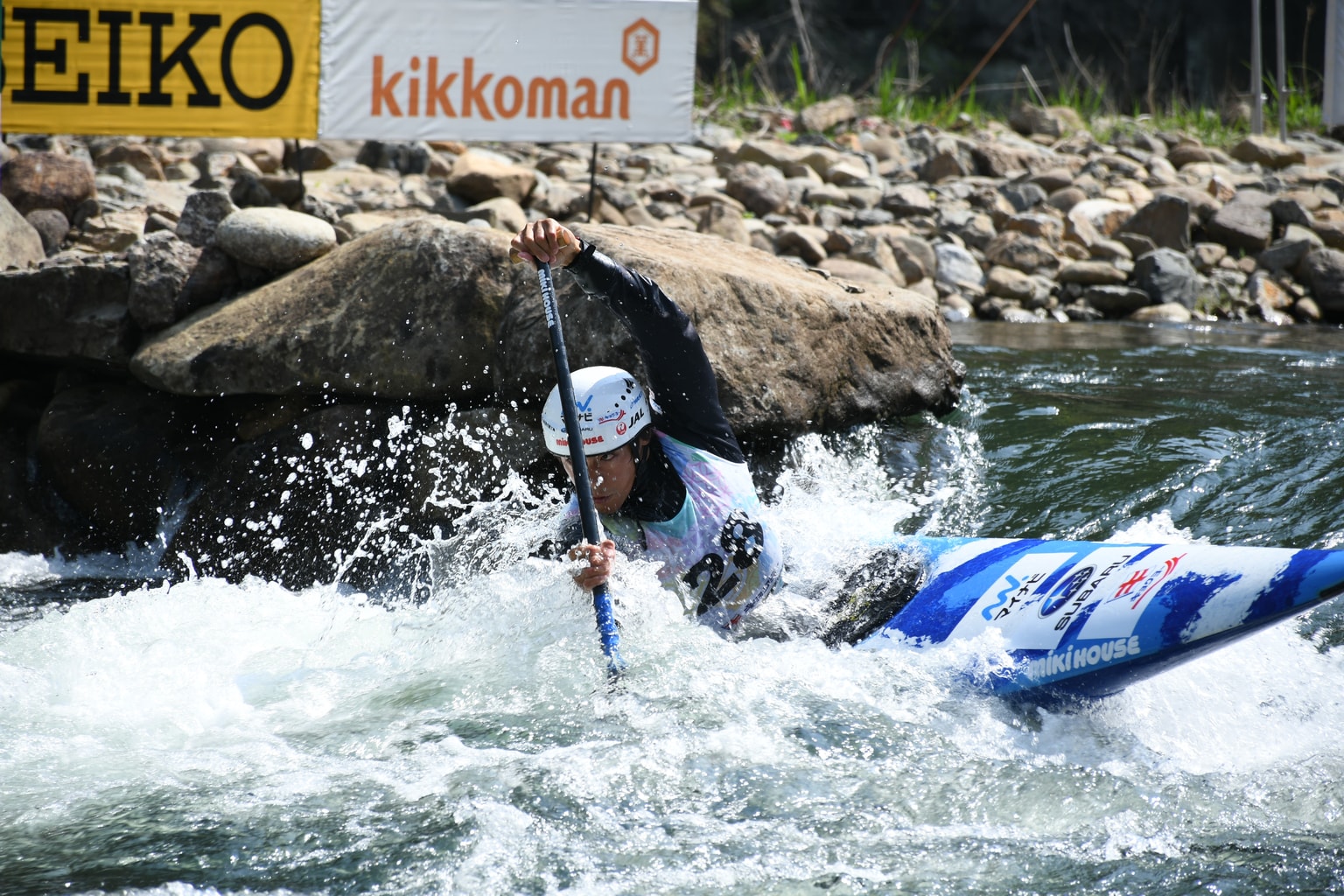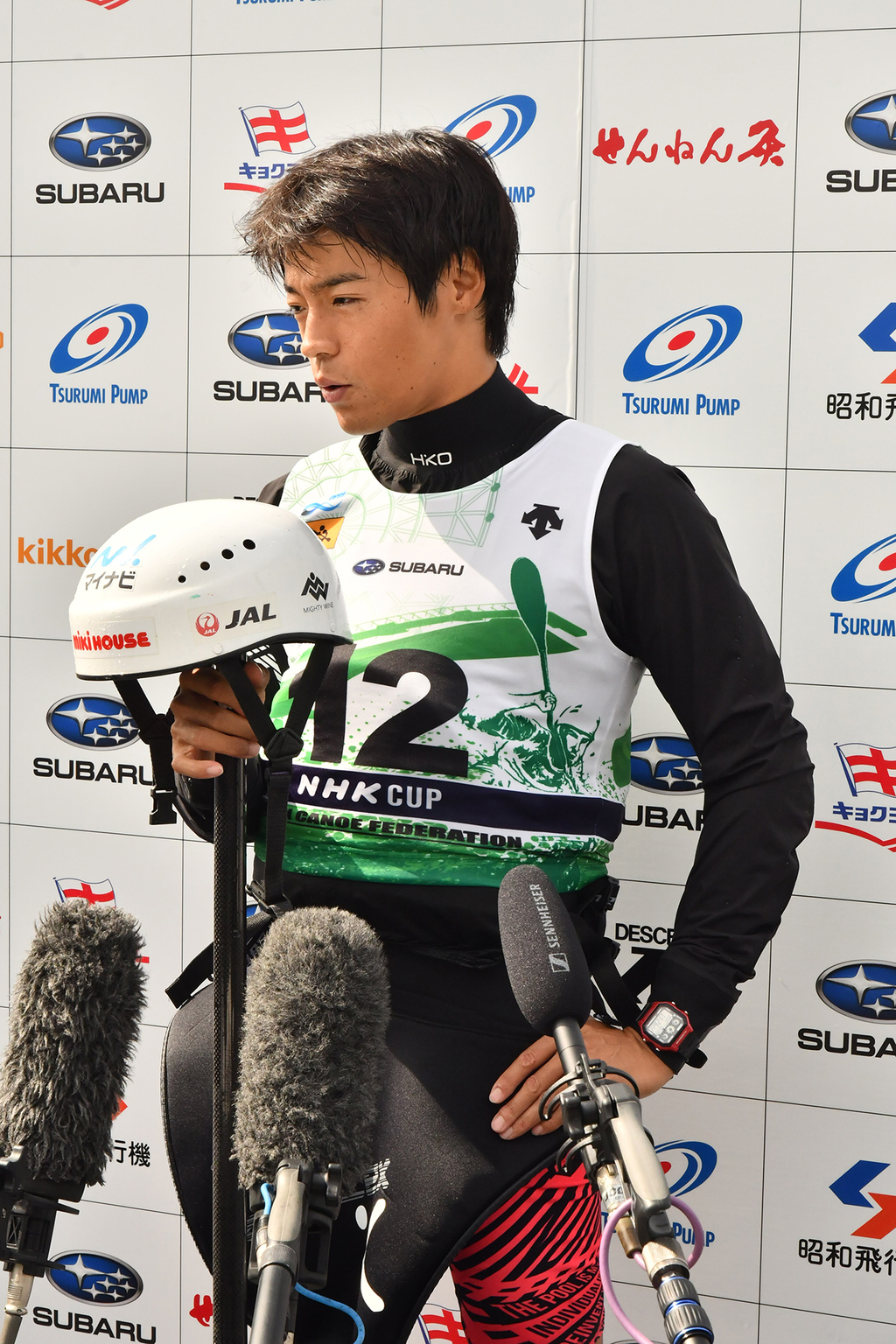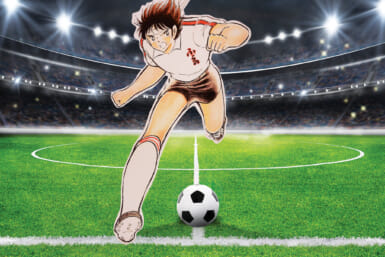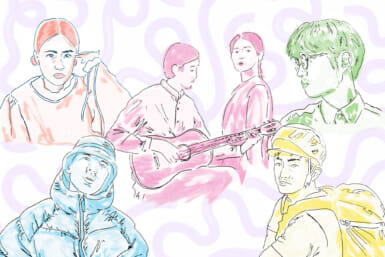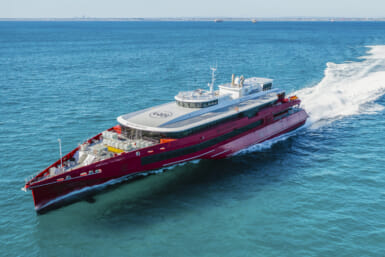It’s been over a year since our last Meet the 2020 Athletes article for obvious reasons. The latest and last in our series is Takuya Haneda. Set to turn 34 just before the event begins, he’ll be appearing in his fourth Games. In Rio five years ago, he became the first Asian canoeist to win a medal at the Olympics in the men’s slalom C1. The color back then was bronze. On home soil, he’s hoping to win something even shinier.
It won’t be easy. The event has long been dominated by European countries with Slovakian and French paddlers leading the way. This time, though, there’s the added factor of the coronavirus impact to consider. It has disrupted training sessions and led to many competitions being canceled. There’s also been the constant threat of the Games being canned. Preparation has been difficult for all athletes and Haneda is no exception. But now, as the event draws near, he’s fully focused and raring to go.
Learning to Adapt
“There’s been lots to think about in the past 18 months,” Haneda tells TW. “Obviously the restrictions have made it that much harder to practice as I would’ve liked but it’s been the same for everyone. The lack of tournaments has been another issue. On top of all that, you’ve had many people speaking negatively about the Games and sport in general. It’s time to forget about that, though and start mentally preparing for the competition.
“You’ve just got to go all-out and give 100 percent,” he adds. “From there, you hope a positive result will follow. As I mentioned, there have been several challenges leading up to the Games, but you need to adapt and figure out the best way to practice in those circumstances. Training’s currently going well and I believe I can give it my best when the competition starts.”
Coming from a sporting family, Haneda initially took up artistic gymnastics before turning to canoeing at the age of 10. It was the “dynamic power of the torrent and the thrill of a competition where split-seconds mattered,” that attracted him to the sport. The fact that his father had been a canoeist was no doubt another reason.
By the time he’d finished high school, Haneda was a canoeing national champion. The biggest problem with training in Japan, though, was that the country didn’t have any big artificial whitewater courses. There was also a lack of coaches and training groups. To reach the next level as an athlete, Haneda felt he needed to move abroad.
A New Home
He chose Slovakia, a country steeped in canoeing culture. Since the dissolution of Czechoslovakia in 1993, it’s won nine gold medals at the Summer Olympics, eight of which have come in canoeing. It was a fantastic environment for Haneda to further develop his skills in the water. The Aichi Prefecture native was just 18 when he first arrived in the capital city of Bratislava. He had to balance training sessions with his studies at Comenius University while also learning the language.
“Slovak was very difficult,” says Haneda. “I didn’t speak any before I went there but had to persevere to be accepted by local communities. You can’t build proper relationships with people without getting to grips with their language. Life became easier as I improved and I have no regrets about moving there. I wanted to aim for the top and the environment in Japan just wasn’t competitive enough.”
In 2008, Haneda qualified for his first Olympics. The Beijing Games ended in disappointment, however, as he was eliminated in the qualifying round of the C1 event. Four years later in London, he made it to the final, finishing in a respectable seventh place. As well as being more experienced, one of the main reasons for the improvement was the fact that he’d started training under coach Milan Kuban. A former teammate of Michal Martikan, the world’s most decorated slalom paddler, Kuban knew what was required for Haneda to challenge the world’s elite paddlers.
Constant Progress
“It’s been wonderful working with Milan,” says Haneda. “In terms of my performances at competitions, there was a significant change after he became my coach. At the Beijing Games I couldn’t compete at all. That said, just being at the Olympics was an important learning experience that benefited me later on. I was able to respond much better to the pressure of the situation in London which gave me lots of confidence.”
Haneda continued to progress steadily after the 2012 Games. He finished fifth at the World Championships in 2014 and triumphed at the Asian Games the same year. At the Olympic test event in Rio, the Japanese man was runner-up. Winning a medal at the Games proper, however, promised to be a tall order.
In the final, he had the second-fastest time behind Slovakia’s Matej Benus. However, there were still five of the world’s best paddlers to go. All Haneda could do was sit and wait. France’s Denis Gargaud Chanut went quicker to capture the gold. The other four failed to overtake Haneda. As a result, Japan and Asia had their first medal in canoeing. The question now is can he improve on that on home soil.
“I felt a sense of accomplishment in Rio,” recalls Haneda. “All that effort had been worth it and I’d been rewarded. Of course, I hope to do even better this time. To top the podium, you can’t start thinking about specific rivals. It’s about defeating the whole field. That’s my aim in Tokyo.”

